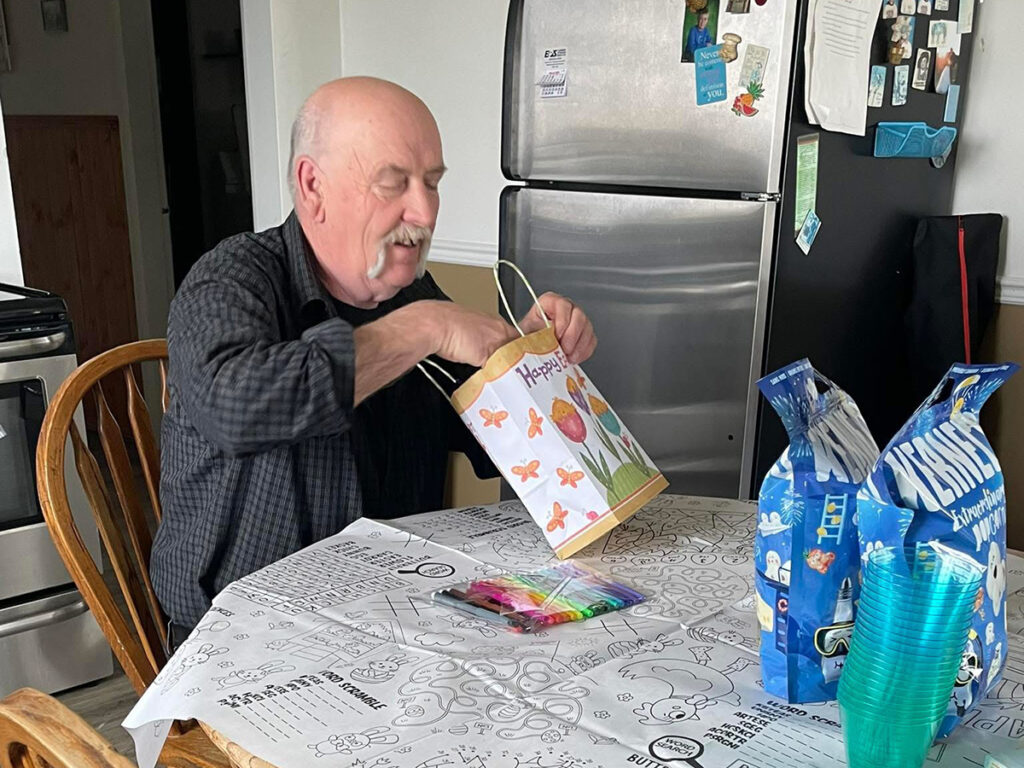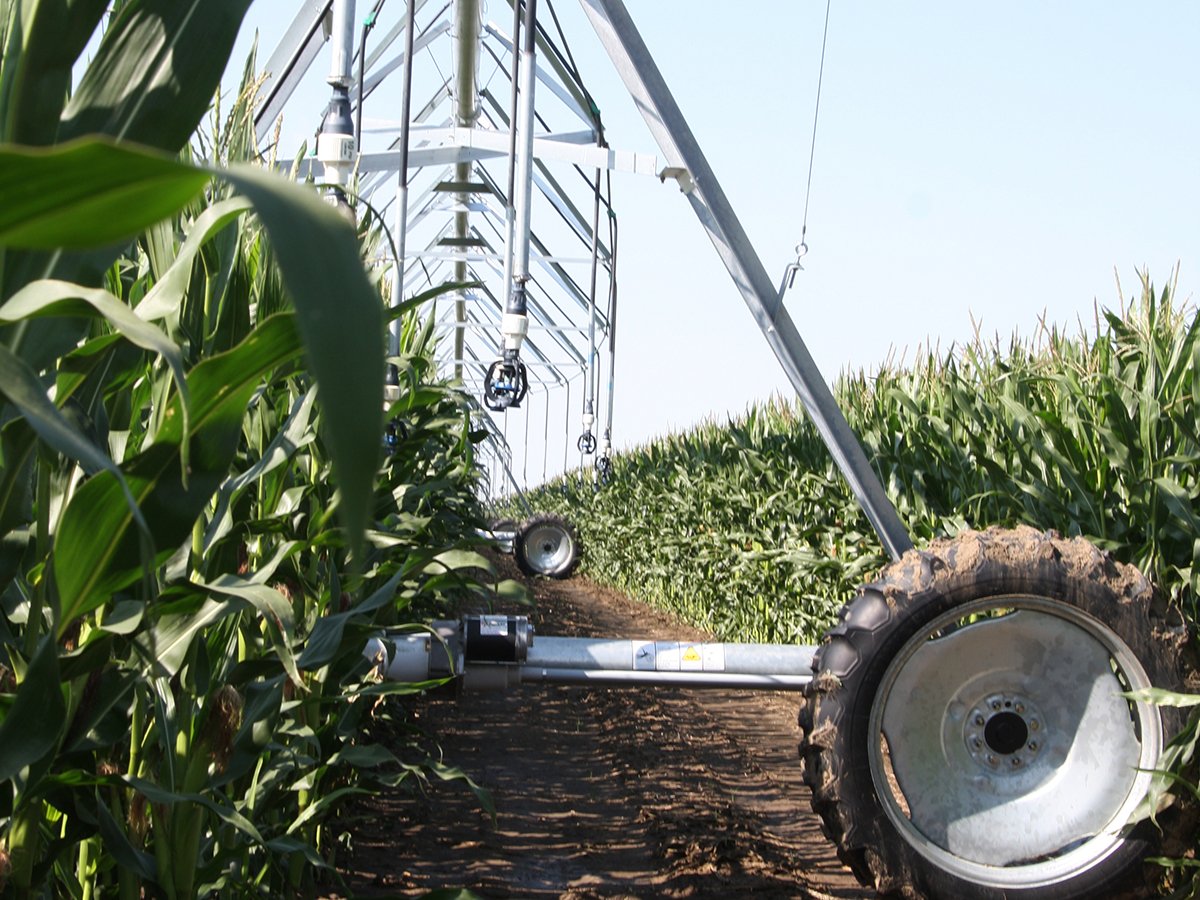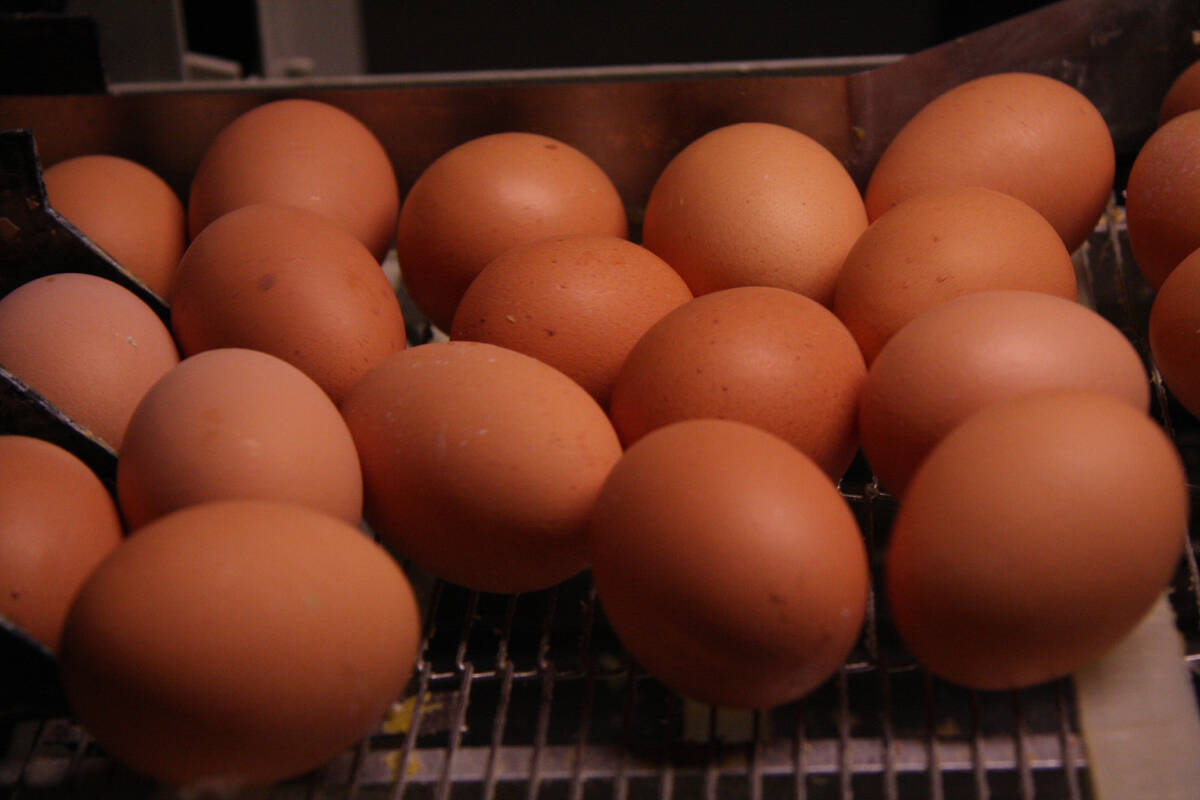Fight against supply management leads to jail

A southern Alberta egg farmer was jailed after missing a court date in his fight with the provincial egg marketing agency over how many hens he is allowed to keep outside of the quota system.
Henk Van Essen was released late last week after he promised to let inspectors from Egg Farmers of Alberta inspect his operation, which is located between Turin and Iron Springs. The agency is also seeking details on his sales volumes and his customers for the past four years.
“It’s been a battle. Five RCMP cruisers came into my yard, which is quite a ways from the closest town,” said Van Essen, who had incubators hatching chicks at the time of his arrest.
Read Also


Irrigation season arrives for thirsty Alberta crops
The largest irrigation district in Canada is giving growers certainty heading into the spring planting season.
Family members cared for the farm while he was incarcerated for two nights.
If inspectors find he has more than 300 laying hens, he will be above the maximum allowed without a production quota under supply management.
Van Essen sells Canadian Food Inspection Agency-inspected, graded eggs under the Sundial Poultry label to grocery stores, as well as to friends and neighbours. The CFIA recently renewed his premise licence for two years.
He said he hatches 3,000 chicks at a time. Whatever chicks he can’t sell to others, he puts into production.
“Yes, I’m over 300 chickens. You can’t make a living under 300 chickens,” he said.
“Whatever they count over 300 they are going to ‘de-populize.’ ”
Hens typically range between 250 and 330 eggs per year, with a prime laying window between 20 and 78 weeks of age.
“I’m having a hard time making mortgage payments right now, I’ll have you know,” Van Essen said.
He said he tried twice unsuccessfully to get quota under the EFA new entrant program, which allocates a percentage of new quota allocations to applicants in lots of up to 1,500 birds, although EFA says it was only once.
Purchasing quota outright when it comes available through the quota exchange is too expensive, he said. Recent sales were $754.75 per layer. As well, producers must pay a levy of $0.005 per dozen eggs to the Alberta Egg Commission, in addition to service charges.


“I’m just a little farmer trying to make a living,” he said.
“There is a big shortage of eggs (avian flu outbreaks in British Columbia and the United States), and all the existing producers just got another 10 per cent (quota) given to them, but they won’t let a little guy running a couple thousand chickens with the best eggs in town.”
Some of his neighbours are on side.
“This guy has a passion for chickens. He has wanted to be a chicken farmer his whole life,” said neighbour Erik Sinke, who added locals refer to Van Essen as “Chicken Henk.”
David Webb, communications manager for the EFA, said by email that the organization has been in regular contact with Van Essen for several years about him raising several thousand laying hens without allotted quota, and directly selling his egg production in competition with regulated egg farmers.
“EFA repeatedly attempted to work with Mr. Van Essen to ensure he was producing and selling his eggs in accordance with provincial regulations,” Webb said.
“Mr. Van Essen was wholly unco-operative and intransigent in his position that he could do as he pleased without regard to the law, eventually forcing EFA’s hand to compel his compliance with Alberta’s egg regulations via court application that has now spanned nearly four years.”
Source: producer.com


